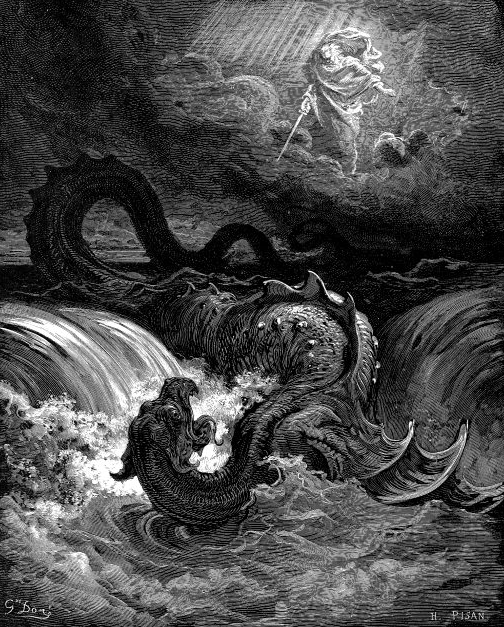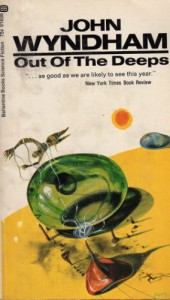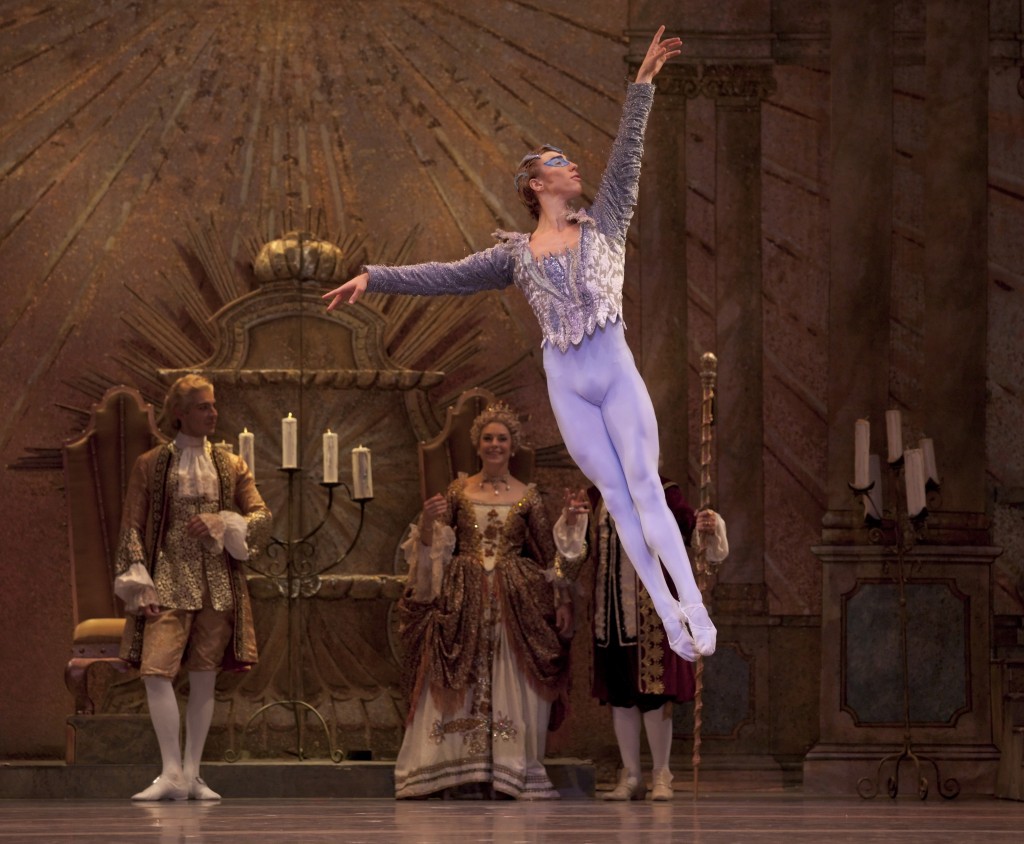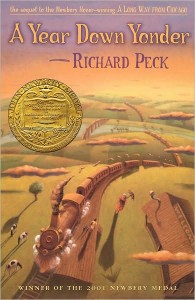
By Bob Hicks
Scatter friends Karen and John got home a few weekends ago from Hells Canyon Mule Days in Enterprise, in the Wallowa Valley of far eastern Oregon, and it got us to thinking about the big wide stretches and the places in America where work is still manual and landbound and practical in a vastly different and more elemental way than the workaday practicalities of living an ordinary urban life.
 It was the thirtieth anniversary of Mule Days, and Mr. Scatter, who was on the spot for last year’s festivities, which he wrote about here and here, was sorry to miss the big blowout. Of course, with about 1,800 people (plus another 1,000 or so just up the road in Joseph) Enterprise is a giddy metropolis compared to the landscapes of two books we’ve been pondering lately — British photographer Jane Hilton‘s Dead Eagle Trail and Portland area novelist Rosanne Parry‘s Heart of a Shepherd. Both books take imaginative looks at territories where the high lonesome is not just a fact but also, often, a comfort of life. And don’t these two cowboys just look like they’re cut from the same cloth?
It was the thirtieth anniversary of Mule Days, and Mr. Scatter, who was on the spot for last year’s festivities, which he wrote about here and here, was sorry to miss the big blowout. Of course, with about 1,800 people (plus another 1,000 or so just up the road in Joseph) Enterprise is a giddy metropolis compared to the landscapes of two books we’ve been pondering lately — British photographer Jane Hilton‘s Dead Eagle Trail and Portland area novelist Rosanne Parry‘s Heart of a Shepherd. Both books take imaginative looks at territories where the high lonesome is not just a fact but also, often, a comfort of life. And don’t these two cowboys just look like they’re cut from the same cloth?
 Then she took a batch of her rewritten stories, entered them into a prestigious professional competition, and strutted off with a passel of awards. That experience has made Mr. Scatter deeply suspicious of awards ever since. It also played a crucial role in the briefness of his own tenure at that particular less-than-august journal of news and opinion, a place that greeted him on his first day of work with a single rule, banning in-house sexual fraternization: Don’t dip your pen in the company ink. That the prize-winning “writer” was regularly inking and dipping with the publication’s owner did not help Mr. Scatter’s position, although it seemed to do wonders for her own.
Then she took a batch of her rewritten stories, entered them into a prestigious professional competition, and strutted off with a passel of awards. That experience has made Mr. Scatter deeply suspicious of awards ever since. It also played a crucial role in the briefness of his own tenure at that particular less-than-august journal of news and opinion, a place that greeted him on his first day of work with a single rule, banning in-house sexual fraternization: Don’t dip your pen in the company ink. That the prize-winning “writer” was regularly inking and dipping with the publication’s owner did not help Mr. Scatter’s position, although it seemed to do wonders for her own. I did have an idea it’d be an interesting read, at the least from a historical and sociological perspective. Wyndham (full name John Wyndham Parkes Lucas Beynon Harris, born 1903, died 1969) was also the author of a novel called
I did have an idea it’d be an interesting read, at the least from a historical and sociological perspective. Wyndham (full name John Wyndham Parkes Lucas Beynon Harris, born 1903, died 1969) was also the author of a novel called 

 Sort of like “borrowing” the car keys without asking, the Large Large Smelly Boy took a spin in the adult library recently without saying where he was going. It was the night before a long weekend free from school, and he was obviously looking for new reading material. But I didn’t know this yet. As I cleaned up the kitchen after dinner, his voice mysteriously hollered from the library without warning. (I told you
Sort of like “borrowing” the car keys without asking, the Large Large Smelly Boy took a spin in the adult library recently without saying where he was going. It was the night before a long weekend free from school, and he was obviously looking for new reading material. But I didn’t know this yet. As I cleaned up the kitchen after dinner, his voice mysteriously hollered from the library without warning. (I told you  “Why didn’t you tell me a naked lady runs down the street with a giant snake?”
“Why didn’t you tell me a naked lady runs down the street with a giant snake?”

 Up to now Mr. Scatter has stayed out of the fray over the
Up to now Mr. Scatter has stayed out of the fray over the  Mrs. Scatter has unearthed
Mrs. Scatter has unearthed